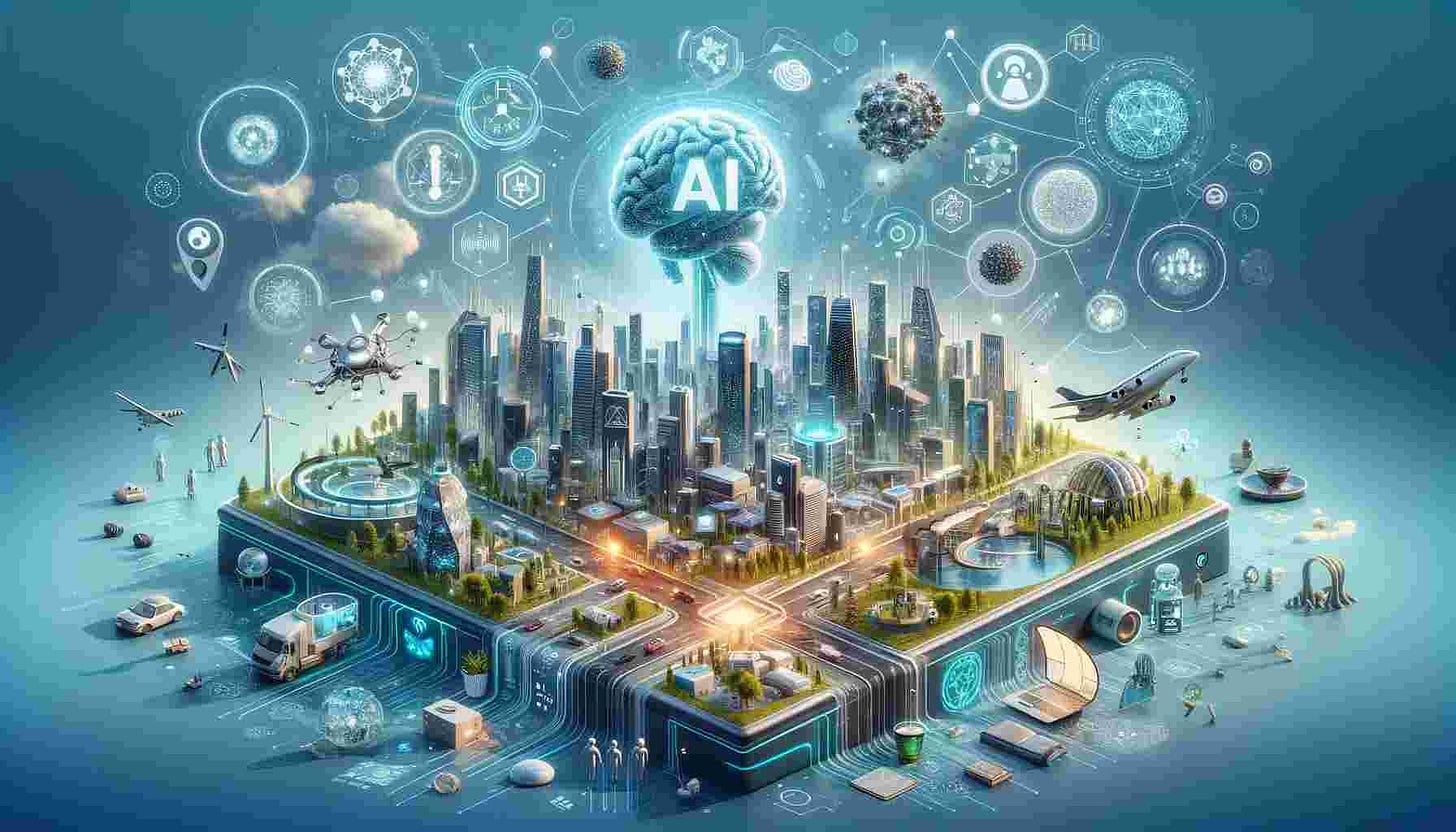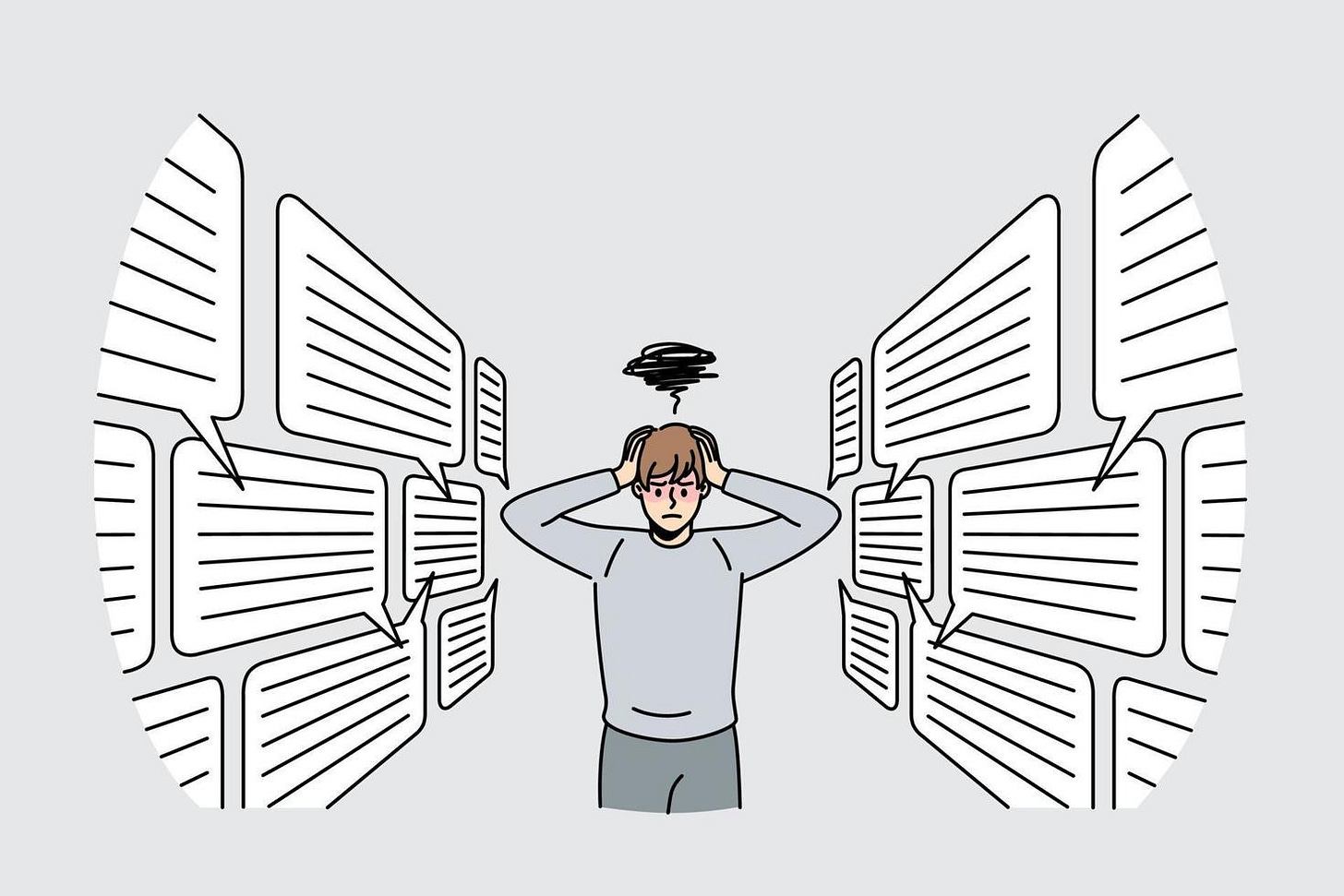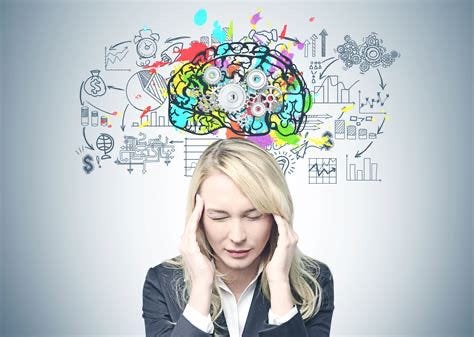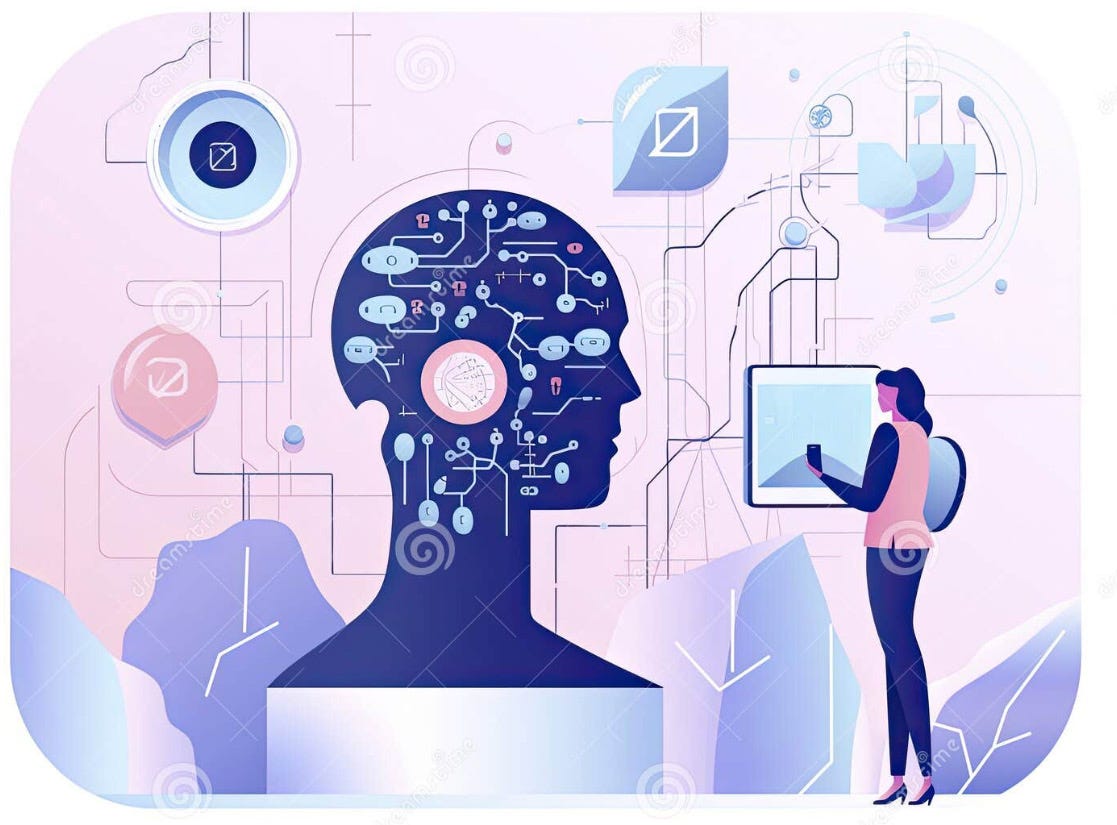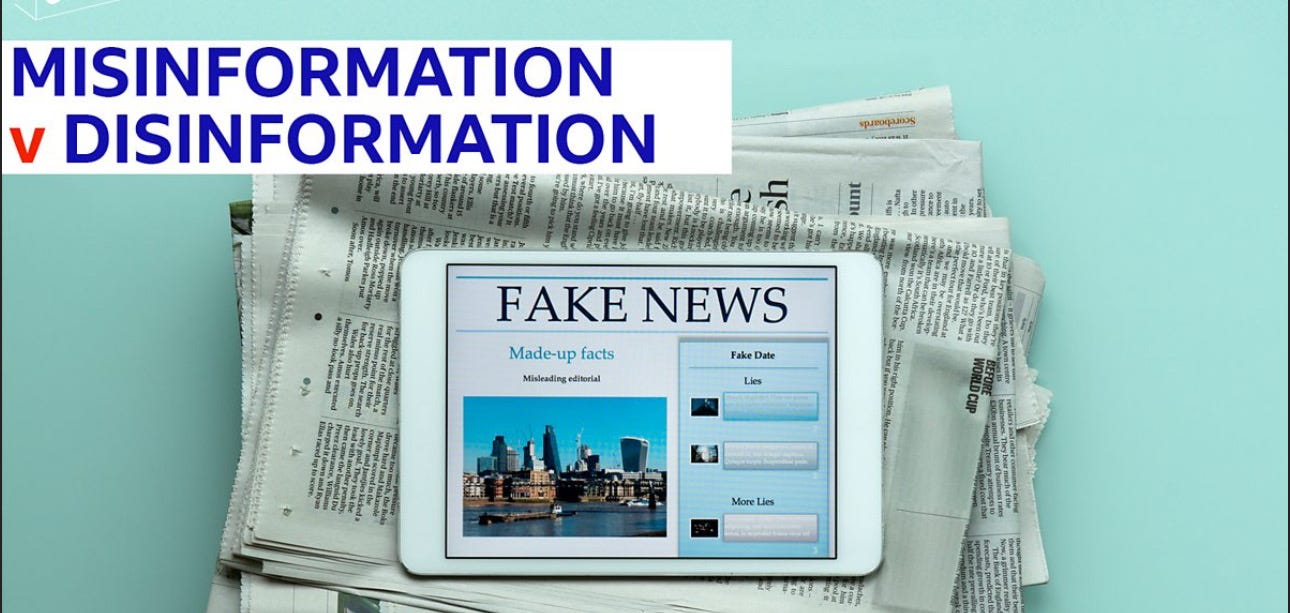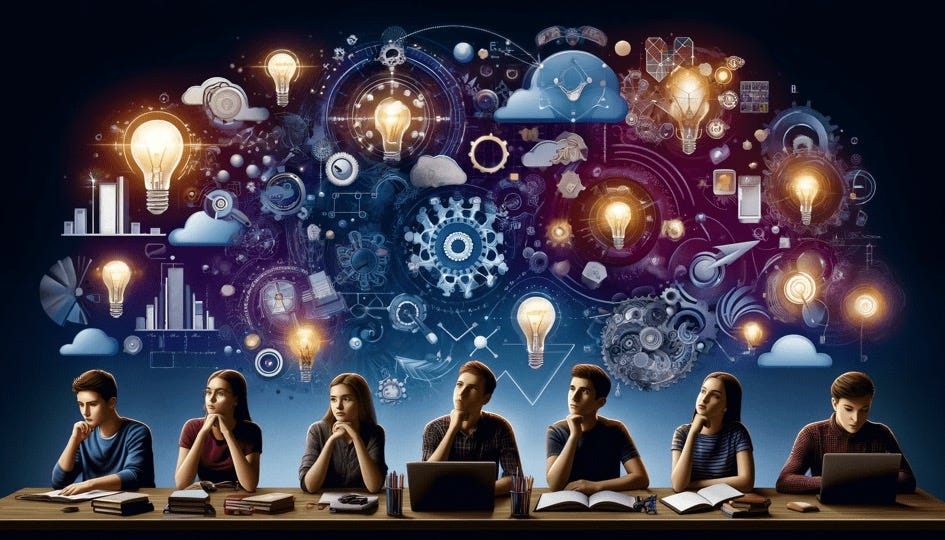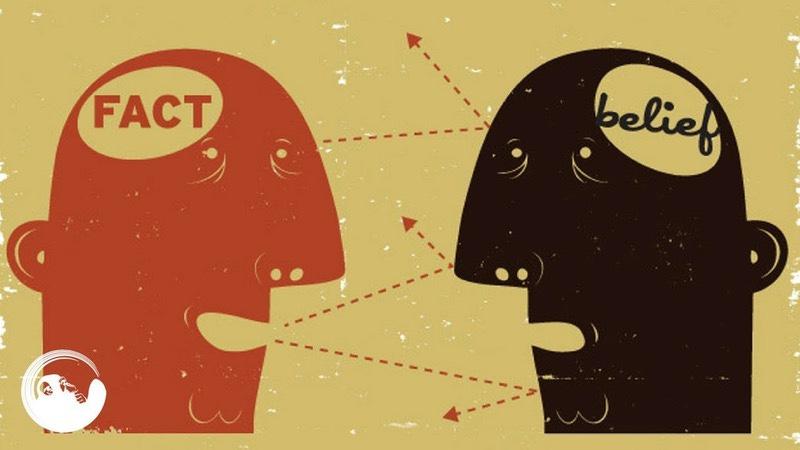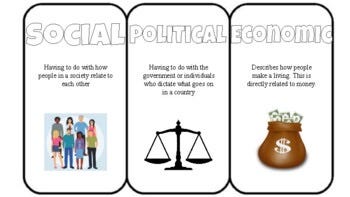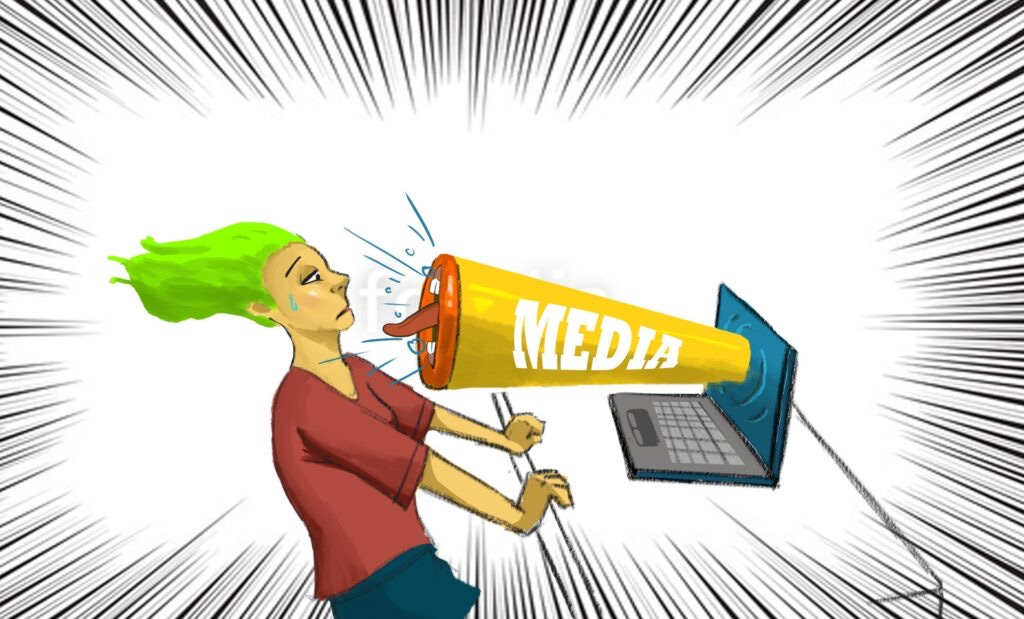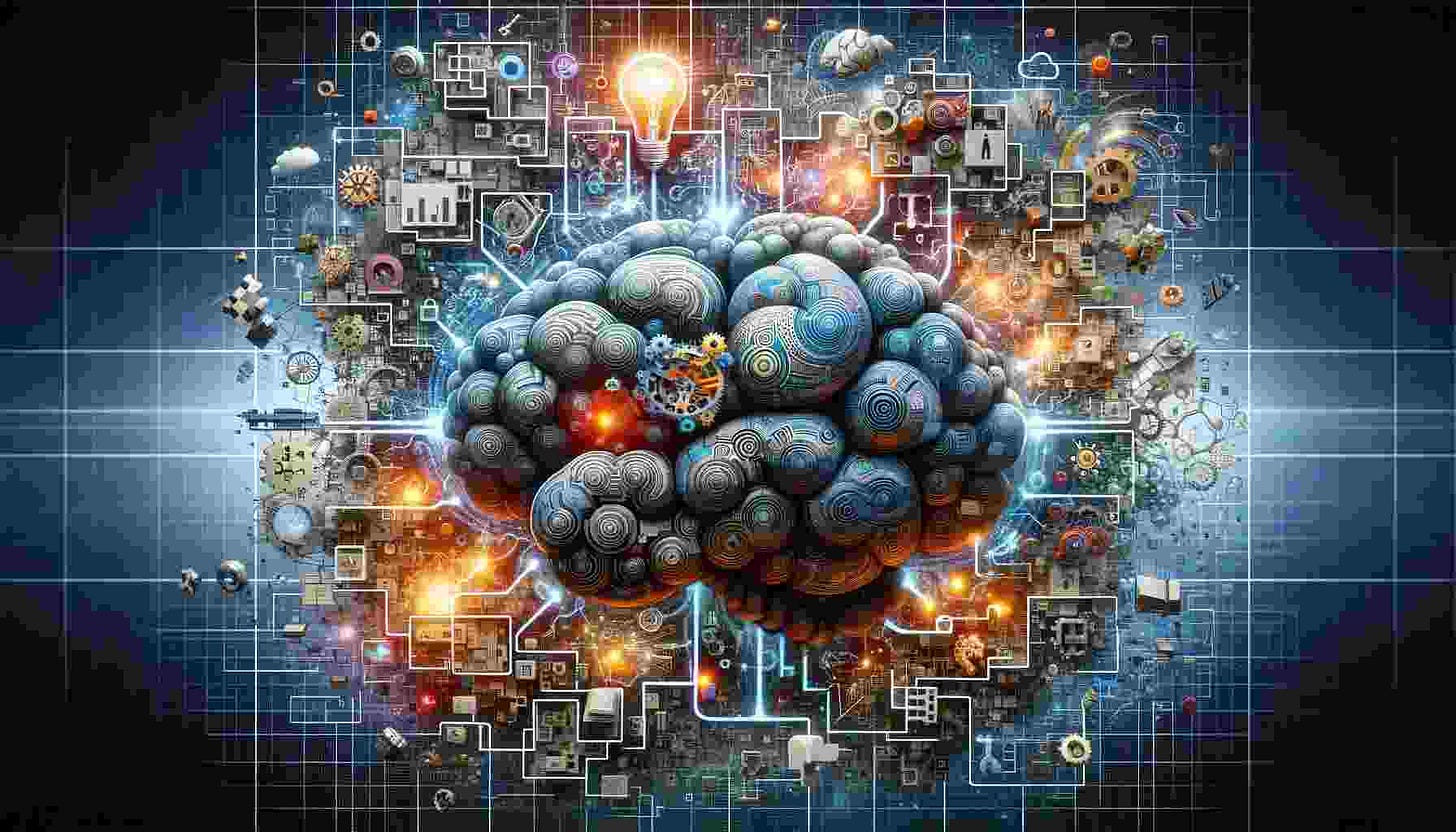Lost in the Noise: Rediscovering Discernment and Critical Thinking in the Information Age
Question: Why are we not able to discern things like we used to? And use critical thinking skills generally anymore?
Because we don’t use Common Sense or are able to use our God given Instincts!
In the past, when information was scarce, memorization and appealing to authority were the dominant modes of learning. However, the digital era has brought an overload of information, making it challenging to distinguish between credible sources and misinformation. This has led to a decline in the ability to discern patterns of truth amidst the infinite sea of information.
We are not able to discern things like we used to and use critical thinking skills generally anymore due to the overwhelming abundance of information in the digital era.
We live in an age where information is everywhere, but genuine understanding and critical thinking seem to be fading. Why are we struggling to discern truth, use common sense, or rely on our natural instincts like we once did?
First, the overwhelming abundance of information plays a huge role. With a constant stream of data from the internet and social media, we’re often bombarded with conflicting narratives. The sheer volume can be paralyzing, making it hard to separate fact from fiction. In the past, limited access to information meant people could focus on foundational truths and develop common sense based on lived experience. Now, our attention is divided, and our discernment feels clouded.
Another factor is the echo chambers and filter bubbles created by personalized content algorithms. Social media platforms curate information to match our existing beliefs, limiting exposure to alternative viewpoints and making it difficult to think critically. When people rarely encounter ideas that challenge their worldview, they risk losing the ability to analyze issues from different angles and consider new perspectives.
Misinformation and disinformation further erode our discernment. With so much fake news and propaganda circulating, it becomes easy to doubt even reliable sources, and people lack the tools or patience to verify information. This erosion of trust in media makes it harder to develop an informed, critical perspective.
There’s also a challenge in how modern education systems approach learning. Rote memorization and standardized testing still dominate, but critical thinking and problem-solving aren’t emphasized as they should be. Instead of teaching students to question, evaluate, and reason independently, education often promotes conformity and obedience to authority.
Beyond external influences, cognitive biases shape our perception of reality. Humans are naturally inclined to seek information that aligns with their preconceptions—a tendency known as confirmation bias. This bias can become even more entrenched in a digital age that reinforces it by delivering content that confirms what we already believe.
Furthermore, many modern issues are highly complex, involving interwoven social, political, and economic factors that defy simple explanations. Complexity can deter deep engagement, causing people to default to simplified narratives that don’t require as much critical thought.
Finally, the sensationalist media environment can foster quick, emotional reactions rather than thoughtful reflection. News cycles are rapid, headlines are provocative, and audiences are more likely to engage with shocking stories than nuanced discussions. This prioritization of reaction over reflection weakens our ability to think critically.
In light of these challenges, reclaiming our ability to discern requires intentional effort. We can begin by fostering media literacy, encouraging diverse information sources, and cultivating environments—both educational and personal—that emphasize curiosity and critical thought. Developing awareness of our biases and embracing the complexity of issues can also help rebuild our capacity for true discernment.
Critical thinking: the compass for navigating a world of claims, leading us to truth.




